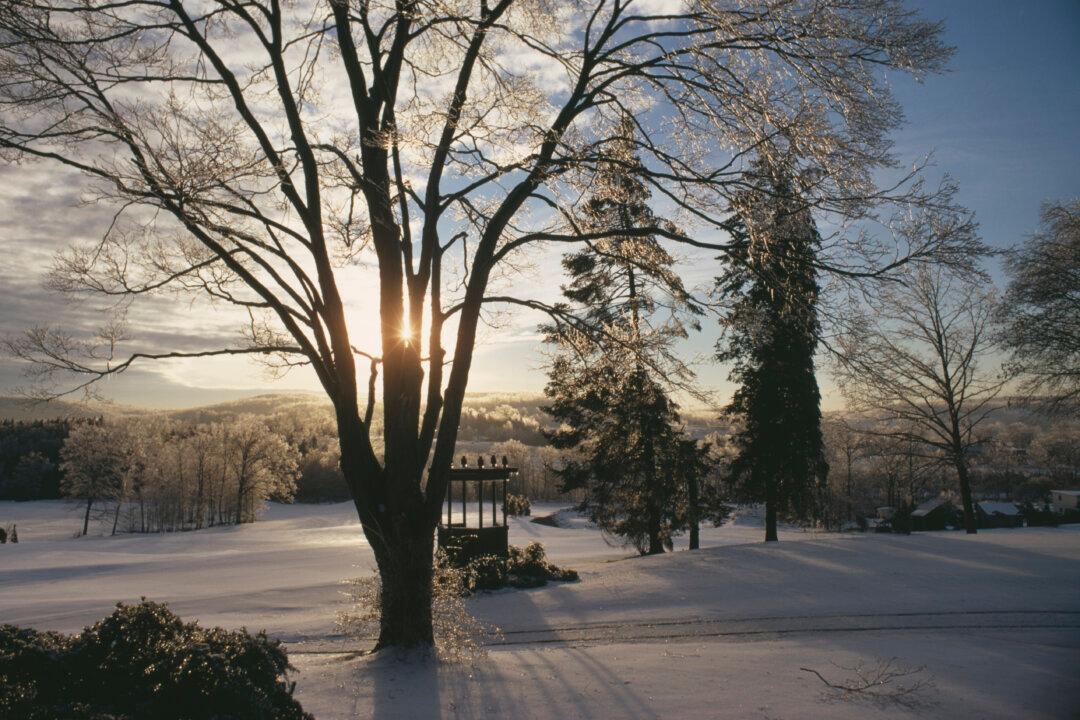Commentary
People of a certain class and income prefer to escape New England winters for Florida beaches. It’s their right and is wholly understandable. But something is lost when taking the opportunity. They lose the opportunity to experience winter.





